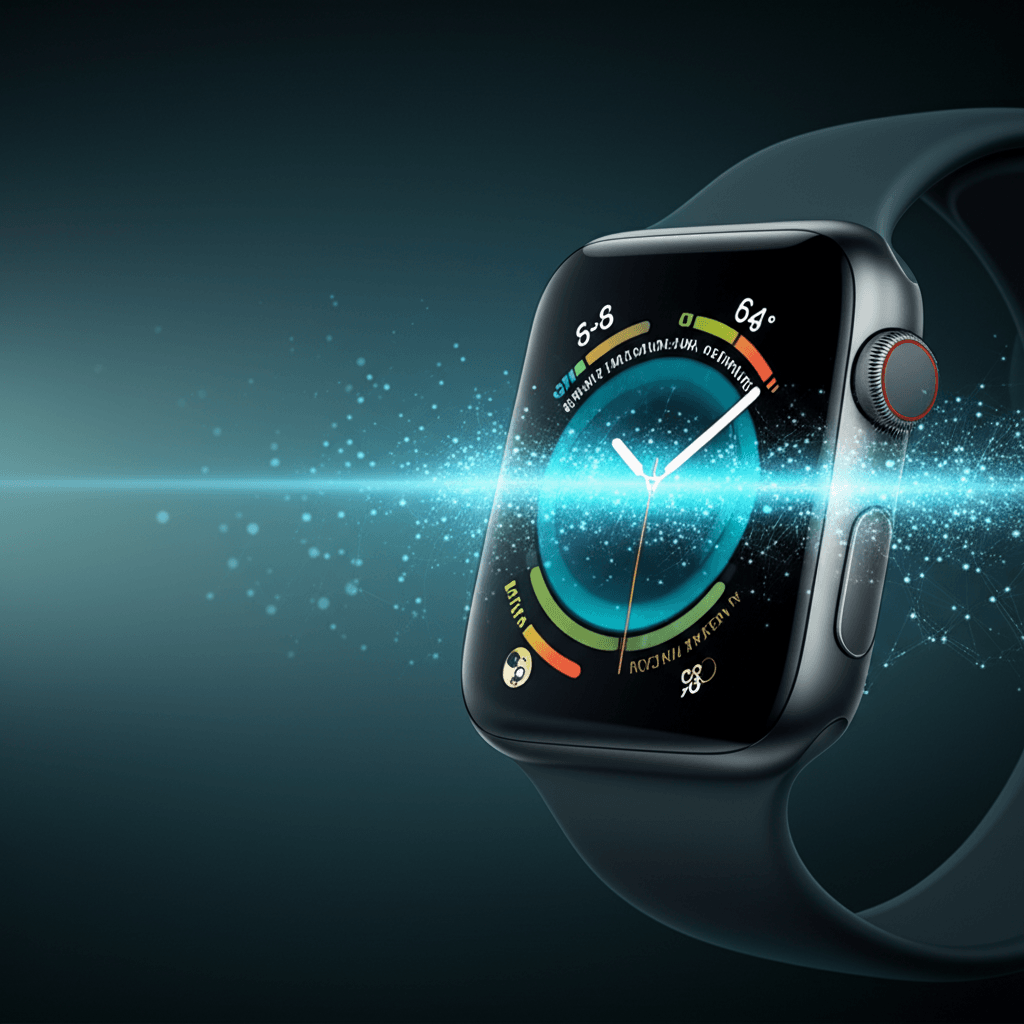In recent years, the integration of artificial intelligence (AI) and personal health devices has transformed how we can predict and monitor health conditions. A noteworthy advancement comes from data generated by Apple Watch users, potentially revolutionizing healthcare.
A new AI model, trained on over 2.5 billion hours of data accumulated from users wearing their Apple Watches, shows immense promise in predicting health conditions with greater precision than ever before. This significant achievement represents a milestone in leveraging everyday health data for predictive analytics, paving the way for more proactive and personalized healthcare solutions.
The Apple Watch, a ubiquitous companion to millions, goes beyond tracking steps and monitoring sleep. It continuously collects extensive health-related data, including heart rate variability, exercise activity, and sleep patterns. This rich dataset, combined with the power of AI, enables early detection of health conditions that might otherwise go unnoticed until symptoms are severe.
Traditional methods of health monitoring, such as periodic check-ups and manual health assessments, have inherent limitations. They often fail to capture subtle but essential changes that could signal underlying health issues. In contrast, the AI model, with its ability to analyze massive datasets in real-time, can identify these nuances. For instance, it can detect anomalies in heart rate variability that may indicate a risk of atrial fibrillation long before a patient might experience any noticeable symptoms.
This predictive capability is not limited to cardiac conditions. The AI can predict a range of health issues by learning unique patterns associated with various conditions. This proactive approach means healthcare providers can intervene early, offering treatment or lifestyle changes that can prevent the development of more serious health problems.
Moreover, it’s important to acknowledge the privacy and data security measures underpinning this extensive use of personal health data. Ensuring user confidentiality while benefiting from collective data insights is a critical aspect of this technology. Developers of such AI tools must adhere to strict data protection protocols to maintain public trust and compliance with healthcare regulations.
The potential impact of this technology on public health is profound. It shifts the narrative from reactive to proactive, from treating illnesses as they occur to preventing them through continuous, data-driven insights. For healthcare consumers, this means greater control over personal health management, with real-time feedback and guidance informing lifestyle choices.
For healthcare providers, the integration of AI with wearable technology like the Apple Watch presents a new paradigm of patient engagement and monitoring. It enhances their ability to manage patient health comprehensively and efficiently. Consequently, the entire healthcare ecosystem stands to benefit from more cost-effective, personalized, and effective patient care strategies.
As we move forward, the success of such AI models will depend on the continuous, willing participation of users, and the ability to integrate seamlessly with existing healthcare infrastructures. Given the trends and early successes, we may be on the brink of a new era in health monitoring—where personal technology and advanced analytics unite to create healthier, more informed societies.

Leave a Reply